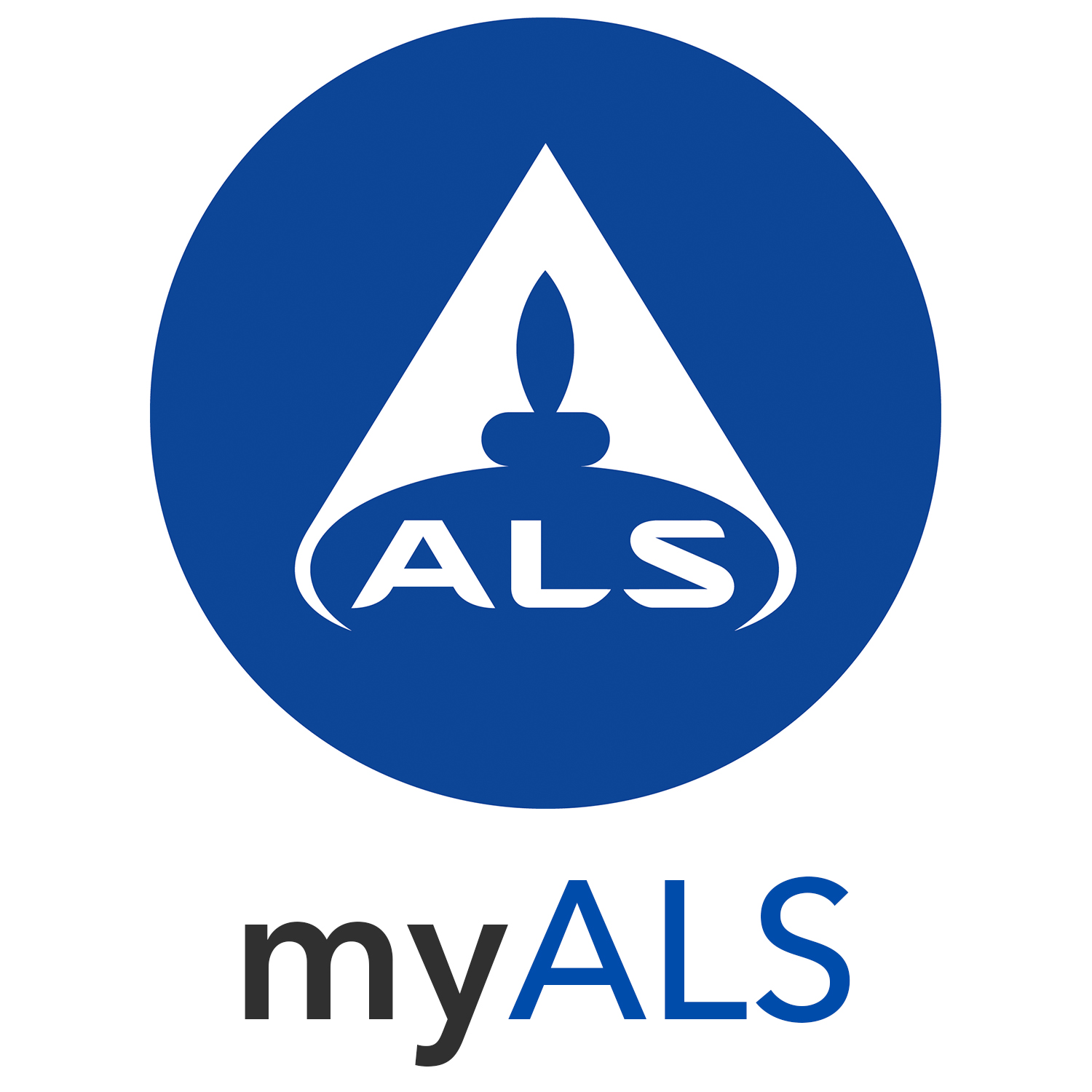Rapid Microbiology - Questions to ask your Laboratory
Jun 3, 2015

The Royal Society for Public Health (RSPH) have today (Wednesday 3rd June) presented a webinar on the use of various rapid confirmation techniques for confirming Legionella and other microbiological parameters including Pseudomonas aeruginosa. The talk was presented by Dr Sam Collins of Public Health England who described the pro's and con's of numerous rapid testing technologies including Polymerase Chain Reaction (PCR) and MALDI-ToF.
This talk forms part of a series of five free webinars which will allow international experts to debate and share best practice from a global perspective. Other topics up for discussion include:
- "Food Implications of poor water quality"
- "Swimming Pool Water Quality"
- "Designing our Water Systems"
All of the RSPH webinars will be broadcast live, and made available to RSPH members after the event through the Members' Area.
For a list of upcoming RSPH Webinars please click here
During the RSPH webinar, presented by Dr Collins, there was a focus on five key questions that end users should ask of any rapid technique undertaken by a laboratory or service provider. Following Dr Collins comments, ALS Environmental would like to inform all of our customers of our responses for both PCR and MALDI-ToF:
| Question | PCR | MALDI-ToF |
| What does the data mean? | PCR technology replicates and amplifies a specific DNA sequence of a target bacteria (in this instance Legionella) to provide a numerical count of the Genomic Units (GU) present in the sample. | The MALDI-ToF is used only for confirmation stage of the culture method. |
| What does it measure? | The PCR technique targets any DNA present in a sample regardless of source (living or dead, culturable or non-culturable). | The MALDI-ToF confirms that bacteria that have grown on a culture plate (both live and culturable). The bacteria are confirmed to both the genus and species level. ALS Environmental are able to identify 56 /63 Species of Legionella in comparison to <20 using the traditional agglutination confirmation techniques. All data provided is in Colony Forming Units (CFU)/Litre and can be compared to ACoP L8 Guidance. |
| What validation has been undertaken? | Extensive internal validation undertaken in 2008 with routine review. We participate in external Performance Testing (PT) schemes to monitor our performance on this method. | The MALDI-ToF confirmation approach has been validated for all of the Microbiological confirmations undertaken by ALS Environmental. The validation protocol included over 1,000 samples and the data has been peer reviewed by UKAS and the Drinking Water Inspectorate. We participate in a range of PT schemes to demonstrate that this confirmation approach is still performing in line with expectations. |
| What accreditation do ALS hold? | ALS Environmental do not hold any UKAS, MCERTS or DWTS accreditation for PCR - under the current guidelines accreditation is not required as all PCR samples are also analysed using the traditional culture methods to confirm the data. | The MALDI-ToF confirmation technique is accredited by UKAS to ISO17025 and Drinking Water Testing Specification (DWTS), where appropriate. |
| What do the Regulations state? | ACoP L8 states that any PCR analysis should be conducted in conjunction with a UKAS accredited culture method. | Under ACoP L8 the analysis of Legionella should comply to ISO11731. |
| Reporting Timeframe | Less than 24 hours from receipt of the sample. If a sample can be delivered to the laboratory before 10am the final reported data can be issued by close of business on the same day. | There are no presumptive results with MALDI-ToF as the data is confirmed within a matter of minutes of being identified as potentially containing Legionella. The ALS read days (and therefore reporting days) for Legionella are after 3, 7 and 10 days of incubation. |
ALS Environmental are able to offer the MALDI-ToF to offer instant confirmation and speciation of all microbiology samples. We were one of the first laboratories in Europe to have the approach ISO17025 accredited and have invested heavily in our species library which now boasts:
- 56 of the 63 World health Organisation recognised species of Legionella.
- Broad range of Enterococci species.
- Full speciation of the ESKAPE Pathogens
- Over 16,000 different species of bacteria
Should you have any questions on our MALDI-ToF, PCR or any other methods please speak to your Customer Service Co-Ordinator or contact us on 02476 42 12 13.


